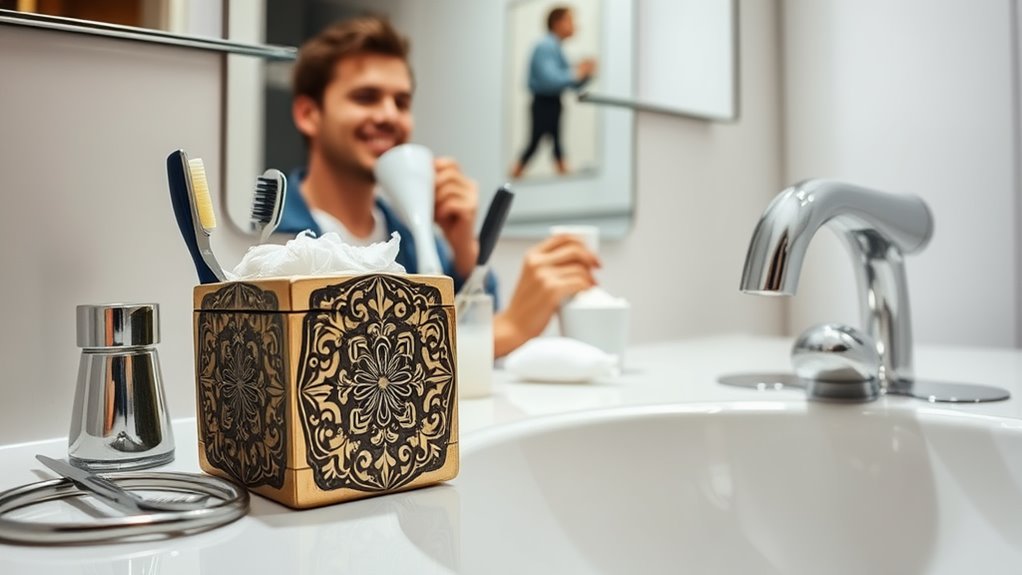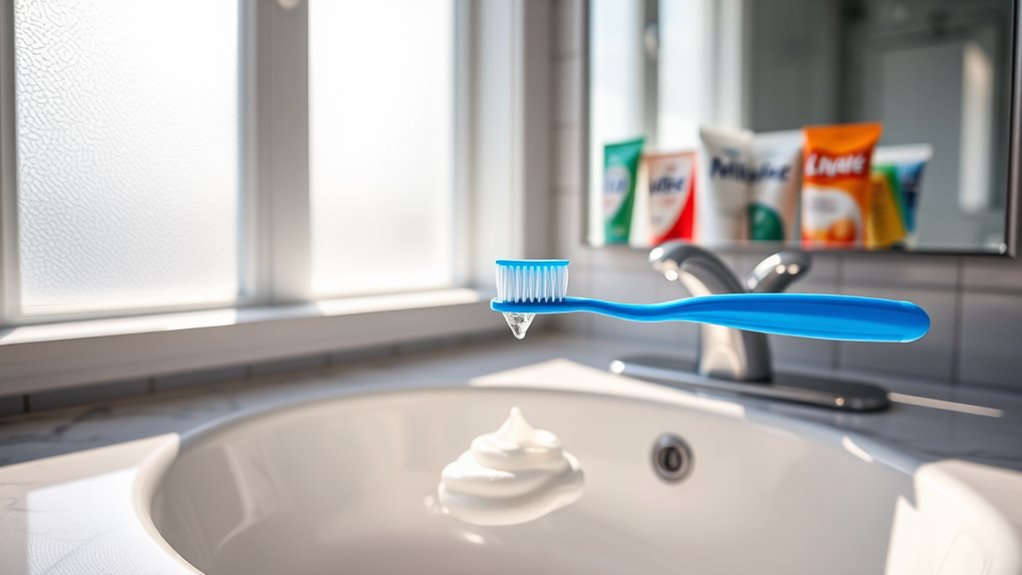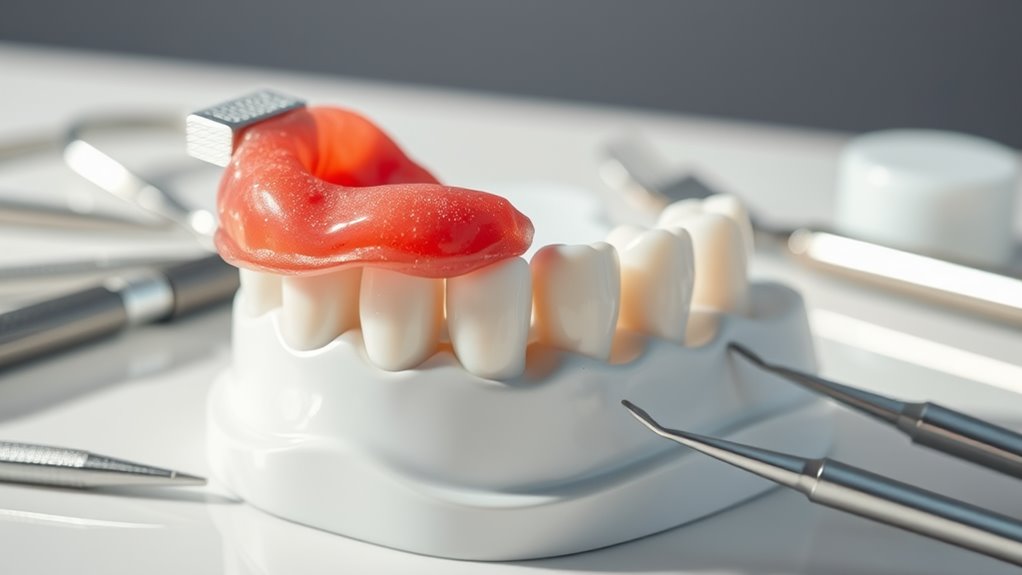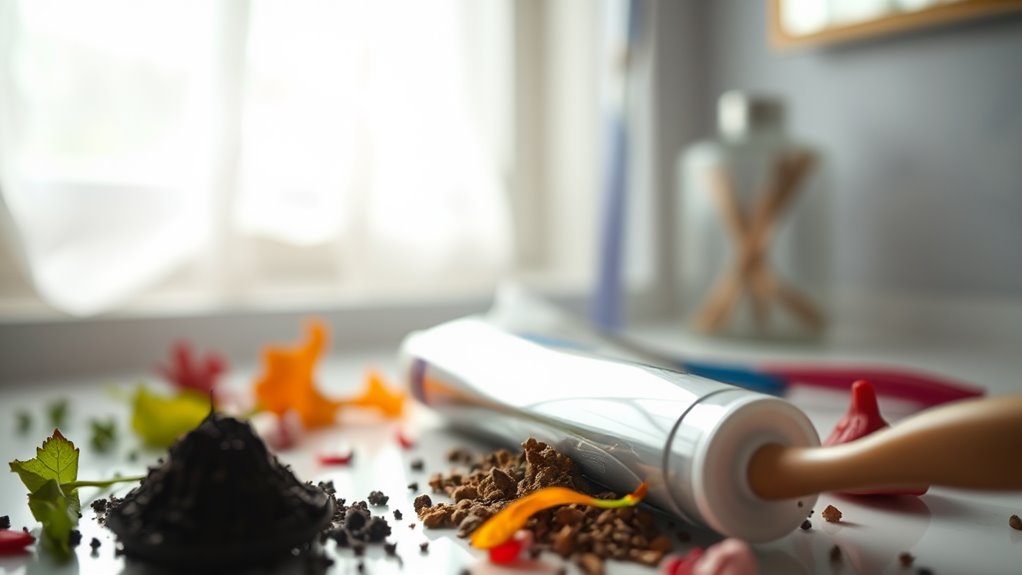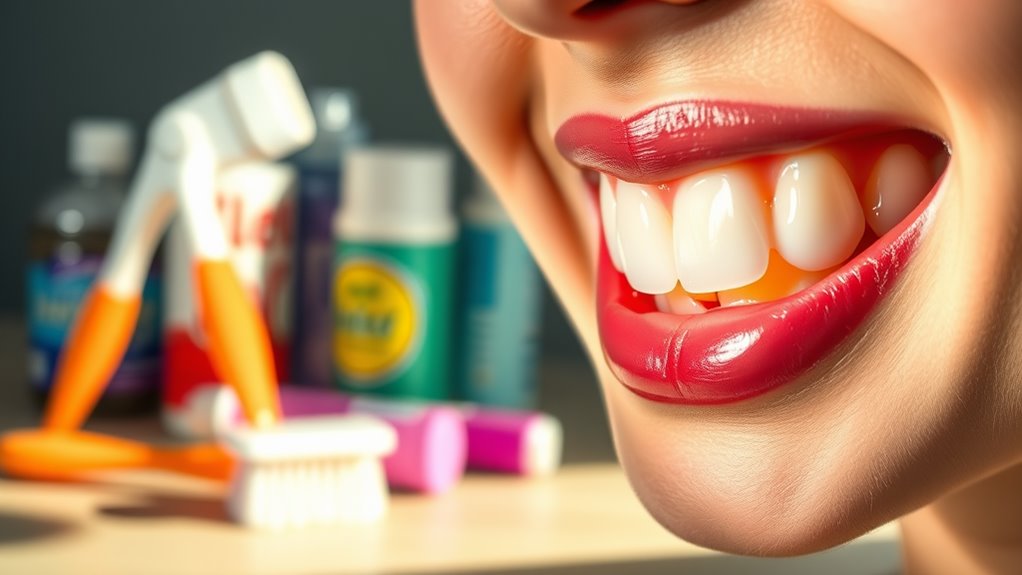Flossing Is a Waste of Time. The Truth Will Shock You!
You might be surprised to learn that recent studies, including one from Stanford University, challenge the long-held belief that flossing is essential for oral health. Many people find themselves questioning their dental routines as experts weigh in on the necessity of flossing. If you’ve ever wondered whether there’s a more effective way to maintain your oral hygiene, you’re not alone. Let’s explore what this means for your daily habits and dental care choices.
The Stanford University Study: What It Reveals About Flossing
Although many people have been taught that flossing is essential for oral health, a recent Stanford University study challenges this long-held belief. This research reveals that the flossing myth may not be as critical as we once thought.
In fact, the study suggests that the benefits of flossing are minimal for most individuals. You might find it surprising to learn that regular brushing may be enough to maintain your oral hygiene without the added step of flossing.
As you navigate your dental routine, it’s important to remember that you’re not alone in questioning these practices. Many people share your curiosity about what truly keeps their smiles bright.
The Stanford study encourages you to reassess your habits and focus on what really matters—consistent brushing and regular dental check-ups. Embracing this new perspective can help you feel more confident in your approach to oral care, promoting a sense of community among those who seek practical solutions.
Furthermore, considering diet’s role in gum health can enhance your overall oral hygiene strategy.
The Science Behind Plaque Buildup and Oral Hygiene
Understanding the science behind plaque buildup is crucial for maintaining good oral hygiene. When you eat, bacteria in your mouth feed on sugars, forming sticky plaque that clings to your teeth. If you don’t remove this plaque regularly, it hardens into tartar, which can lead to cavities and gum disease.
Simply brushing isn’t enough; it’s important to clean between your teeth too. Regular brushing and flossing are essential for preventing plaque buildup and maintaining dental health.
The good news is that you can manage plaque with effective daily habits. Rinsing with mouthwash, using a good toothbrush, and being consistent with your oral care routine can make a difference.
Expert Opinions: Dentists Weigh In on Flossing
As you navigate the world of oral hygiene, you might wonder what dentists really think about flossing. While some still advocate for it, many experts are starting to question its effectiveness. They argue that brushing your teeth thoroughly can often do the job just as well—if not better.
You might find comfort in knowing that some dentists suggest focusing on effective brushing techniques rather than getting caught up in the ritual of flossing.
Moreover, opinions vary widely among dental professionals. Some believe that flossing can be beneficial in specific cases, while others feel it creates unnecessary anxiety around oral care. It’s important to understand that individual risk factors can influence what works best for your oral health routine.
Ultimately, it’s about what works best for you and your mouth. You don’t need to follow trends blindly; it’s okay to seek advice from your dentist and find the routine that fits your lifestyle.
Alternative Methods for Maintaining Oral Health
If you’re rethinking your oral hygiene routine, there are several alternative methods to maintain your oral health without relying solely on flossing.
First, consider using interdental brushes or soft picks. They can effectively clean between your teeth and are often more comfortable. You might also try a water flosser; it uses a stream of pulsating water to remove debris and plaque, making it fun and easy to use.
Don’t forget about the power of good mouthwash! A quality antibacterial mouthwash can help freshen your breath and reduce plaque.
Plus, incorporating a balanced diet rich in crunchy fruits and vegetables can naturally clean your teeth as you chew. These crunchy fruits and vegetables also stimulate your gums and promote saliva production, which is essential for oral health.
Finally, regular dental check-ups are crucial. They’ll help you catch potential issues early, keeping your smile healthy.
Embracing these methods can make you feel confident in your oral health journey, and you’re not alone in exploring new options!
Making Informed Choices: Rethinking Your Dental Care Routine
While many people follow traditional dental care routines without question, it’s essential to evaluate what truly works for you. You’re not alone in feeling overwhelmed by all the advice out there.
Rethinking your dental care means considering alternatives that fit your lifestyle and values.
Start by asking yourself: What makes you feel good about your oral health? Maybe it’s using a natural toothpaste or trying oil pulling instead of flossing. It’s also important to be aware that proper flossing technique can significantly enhance your gum health.
Join a community that shares your interests, whether it’s online forums or local groups discussing holistic dental care.
